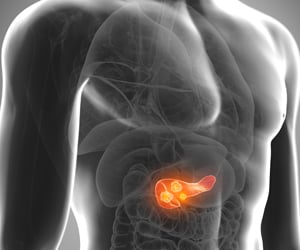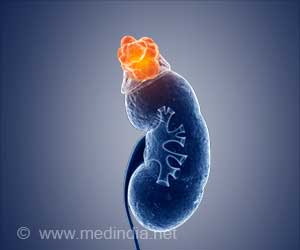A novel way to inhibit the growth of human colon cancer cells and preventing the disease from reaching advanced stages and the development of liver metastases has been discovered by Swiss scientists.
A novel way to inhibit the growth of human colon cancer cells and preventing the disease from reaching advanced stages and the development of liver metastases has been discovered by Swiss scientists.
The study shows that blocking the so-called Hedgehog-GLI pathway can prevent the growth of tumours, metastatic lesions and cancer stem cells, the cells thought to lie at the root of cancer growth.HH-GLI is a signalling pathway used by cells to communicate with each other, often used to determine position, growth and survival.
"Previous works hinted at the possible role of HH-GLI in colon cancer, but this was denied by other studies, so its involvement was never entirely clear," said lead researcher Professor Ariel Ruiz i Altaba of Geneva University.
"In this study we have proven that HH-GLI is essential for the development and growth of colon cancers. The research demonstrates the active presence of HH-GLI signalling in epithelial cells of colon cancers.
"Moreover, we find that metastatic tumours rely on this pathway for sustained growth. This identifies HH-GLI as a target for novel anti-cancer therapies against so far incurable forms of colon cancer in distant organs, such as the live," Ruiz i Altaba added.
This research opens the possibility of new anti-cancer therapies, specifically the use of RNA interference and of Cyclopamine, a plant product known to block Hedgehog pathway activity.
"While monitoring recovering mice we noted that tumours began to recur in all cases except for those treated with Cyclopamine for a short period of time after tumour disappearance. The treated mice were kept for up to one year after the treatment and remained healthy and tumour free.
The research is published in EMBO Molecular Medicine.
Source-ANI
RAS
 MEDINDIA
MEDINDIA




 Email
Email










